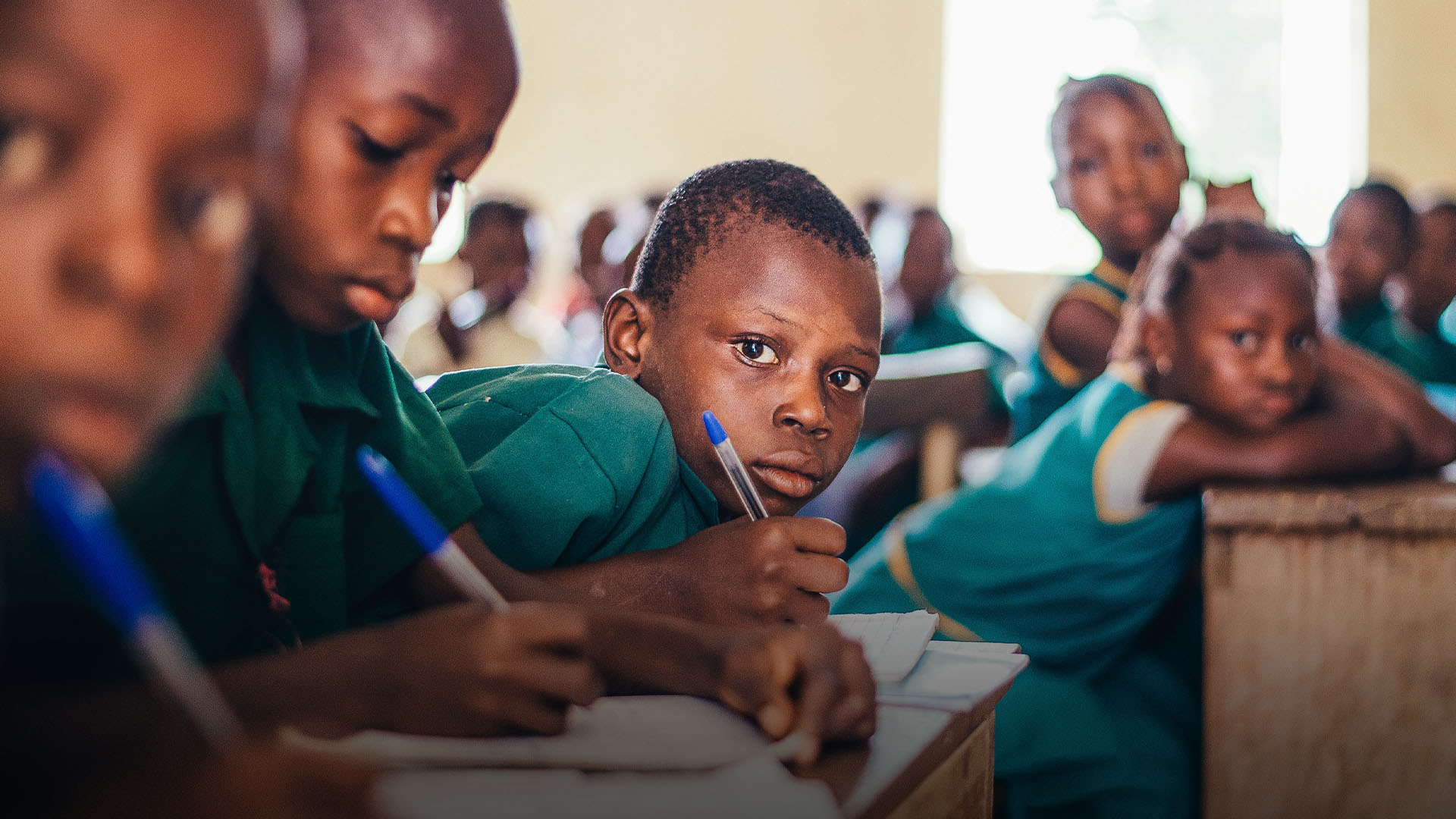Many people don’t know how the rights to education have intertwined with conflict in Burundi.
When the movie drama Hotel Rwanda came out, people were astonished and horrified by Paul Rusesabagina’s story and the history of the 1994 Rwandan genocide.
To witness even the theatrical version of this tragedy is a harrowing experience, a kind of African Schindler’s List. It awakened many in the West to the major issues of tribalism, political corruption and violence facing people in sub-Saharan Africa.
What far fewer know is that the tribal conflict so brutally portrayed in this movie began first 42 miles south in Burundi and has lingered ever since. Unfortunately but perhaps predictably, children have been some of the most impacted by this simmering conflict.
Escaping the Broken Past
The political upheaval during this tragic time had a terrible impact on churches in Burundi, and many pastors as well as church leaders either fled or were killed.
By God’s grace, the church has largely recovered in the last decade, and the Christian community in Ngozi, located in northern Burundi near the border of Rwanda, has begun taking steps to help their city and the younger generation overcome their country’s broken history.
Their project began when a group of young people gathered and began brainstorming ways that they wanted to grow spiritually and practically.
The biggest challenge they faced was educational constraints and being able to find jobs where they could support not only their future families but also their parents in old age. In Burundi, all education must be paid for by the families, and those who are low income often fall out of schools for financial reasons.
Education played a major role in much of their country’s tribal conflicts, who was allowed to go to school and which government positions and high level jobs were offered to whom.
The youth group brought these concerns to the church, and the ministry leaders consulted with World Challenge team members about how they could best help.
The local church pooled their funds to purchase five computers and began planning a training program for young adults so that they could find better jobs in Ngozi. In addition, they plan to use these classes as opportunities to pray for students and witness to those who come in from outside the church.
Given a Hope and a Future
The education project will begin this November and hopefully grow as people in the community begin to see the spiritual and practical benefits and support future expansions.
The need for educational opportunities is a burden many Christian Burundians feel for the younger generation, especially if their homeland is going to escape the cycles of racial conflict and government corruption.
Locals who have been trained as World Challenge hope experts are looking for ways to physically build up members of the church as a supplement to spiritual growth.
More than anything, they want to empower young people to live fully for God and become leaders who are ready to live for the benefit of others.
